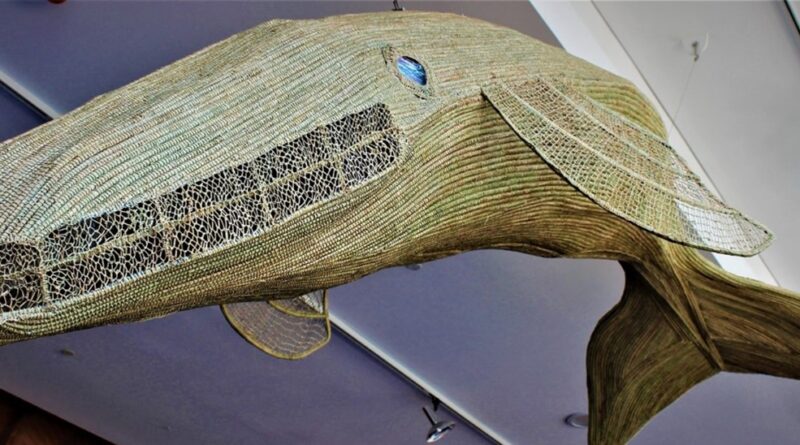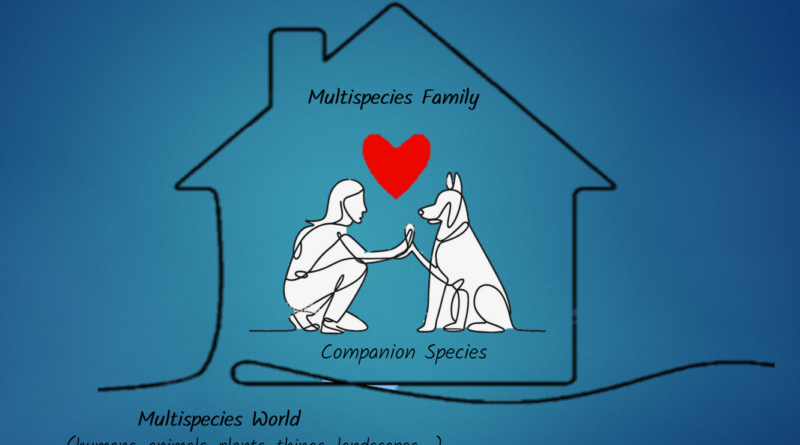Reclaiming Cultural Heritage: An Art-Based Exploration of Indigenous Artifacts and Their Meanings
This study demonstrates the transformative power of art-based approaches in understanding and preserving cultural heritage. By fostering dialogue, empowering Indigenous voices, and creating new connections between past and present, art can play a vital role in reclaiming and revitalizing cultural traditions.
Read More














